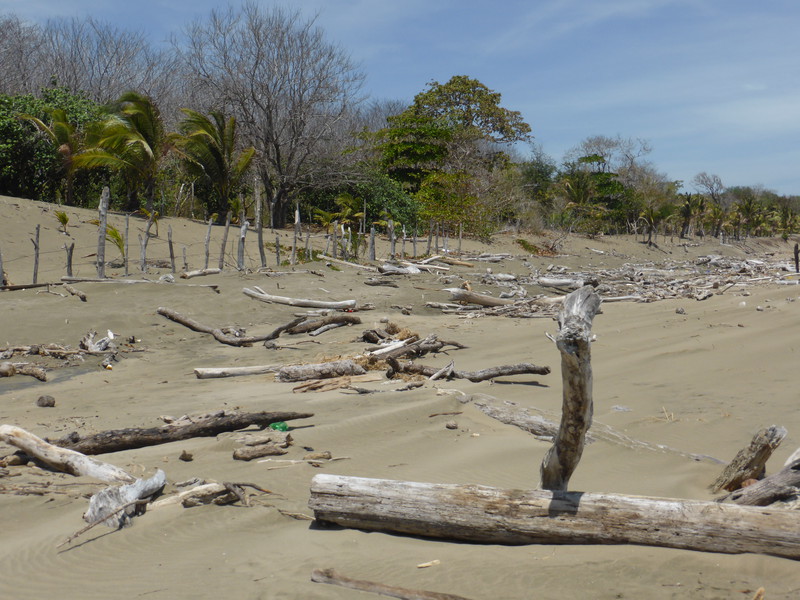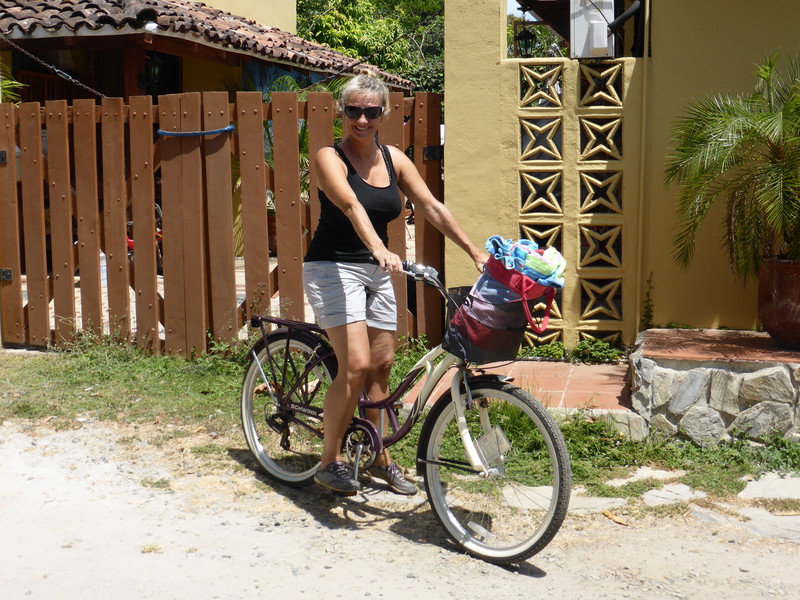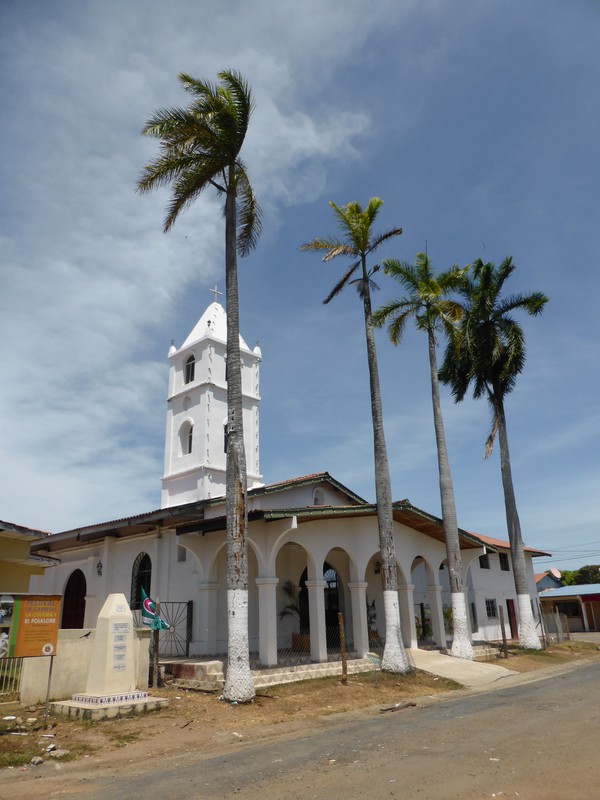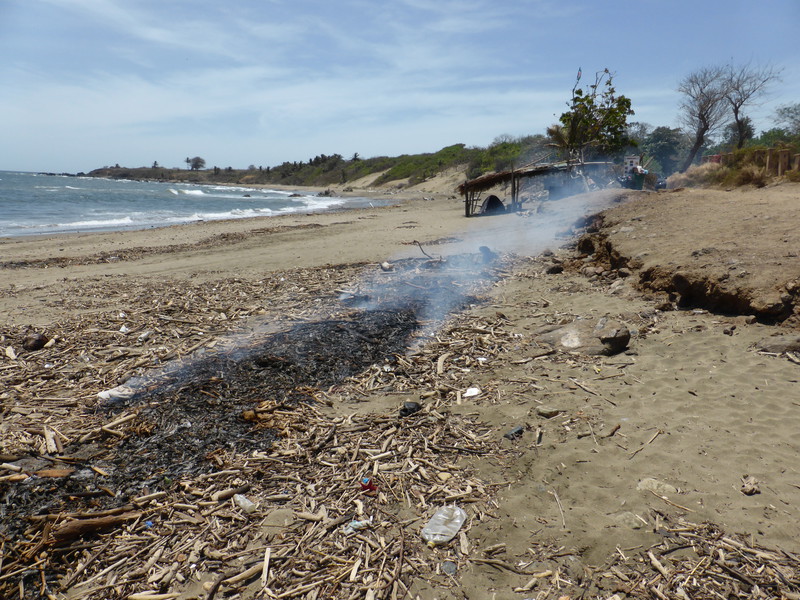
The Peninsula de Azuero sticks out of the southern coast of Panama like a panting dog's tongue, and perched at the southeastern tip of this parched peninsula is the pretty town of Pedasí. This oasis of quaint restaurants and little guesthouses is a good base for exploring the many beaches in the area, but there is one big problem with Pedasí: it's been discovered by a small army of North American, European and Israeli ex-pats, and where ex-pats go, ex-pat culture soon follows, and it's rarely a good thing.

There are two main types of ex-pat. The first slips into the local culture like a hand in a glove, to the extent that you don't really think of them as ex-pats at all. They learn the local language, make friends with their neighbours and effectively move in and settle down, leaving their cultural preconceptions at the door. Most communities will still regard this type of ex-pat as a foreigner – white skin is a bit of a giveaway in countries like Panama – but the key aspect here is integration; they're not so much ex-pats as foreign locals.

The second type brings their culture with them and steadfastly holds onto it, wrapping themselves in the blanket of home comforts and regarding the locals with a lofty and detached air. Particularly noticeable are the crowds of American ex-pats who seem to clog up whole areas of Costa Rica and Panama, bringing with them their four-wheel-drives, their golf courses, their awful food, their shouty voices and their world view that places America very firmly at the centre of everything. It feels as if Pedasí is on the verge of being taken over by this second type of ex-pat, and it will be a shame when the balance finally leans too far towards the invasion.

Our hotel was a prime example. The American owner only bought the hotel in May last year, and on our first night, as we sipped a beer under the awnings of his attractive hotel, he sat down and held court with us and a wine-guzzling couple from Holland. He told us, without pausing for breath, how he'd escaped the rat race, sold his million-dollar house in Hawaii and bought the hotel – though he still had a couple of other houses in America, naturally – and how he had nearly finished building his dream house here in Pedasí, and how he was setting up a local school so his son would get a decent education, and how the hotel wasn't about making a profit but was simply there to fund his family's costs (which must be fairly huge as it's the most expensive hotel in Pedasí), and how it was all about ditching the stress of work and creating a new life... and basically he did that ex-pat thing where they simply talk about themselves and how bloody fantastic their life is, without realising that not everyone is as interested in them as they are. It's one of the most boring things in the world, listening to ex-pats drone on about why life is so much better here than it was back home, and we just sat there in silence while he pounded us with his prepared speech... a speech we heard him repeating at breakfast the following day to another trapped couple.

But it's easy to see why this is an attractive destination for immigrants from faraway lands. The beaches are long and windswept, and almost completely undeveloped; there is good diving and fishing not far off the coast; the local Panamanians are kind and foreigner-friendly; and Pedasí has a supermarket, a handful of restaurants and lots of small business opportunities that are ripe for foreign ownership, but without any big developments to spoil the area's character. It still feels reasonably Panamanian, and locals sit out in front of their houses at night and smile hello as you wander past, but the number of foreign accents about town is telling, and it won't be this way for long. This is fast becoming the kind of town where people pull up in their four-wheel-drives, park them right in front of the restaurant where you're trying to enjoy an evening meal, and leave the engines running for half an hour while they go off and do their chores, just so they can keep the air-conditioner going; this happened so many times in Pedasí that in the end I was too worn down to be irritated by the constant clouds of diesel exhaust and hot air.

Still, we enjoyed the nearby beach, which was totally empty and devoid of any kind of development – foreign or local – and the cycle ride we took down to the coast was very pleasant, even if this part of the world is so dry that the air seems to suck all the life out of you, leaving you no more than a desiccated husk by the end of the day. Which, come to think of it, is not unlike the effect of having to listen to an ex-pat droning on about how wonderful they are and how much better life is here than it is back home...